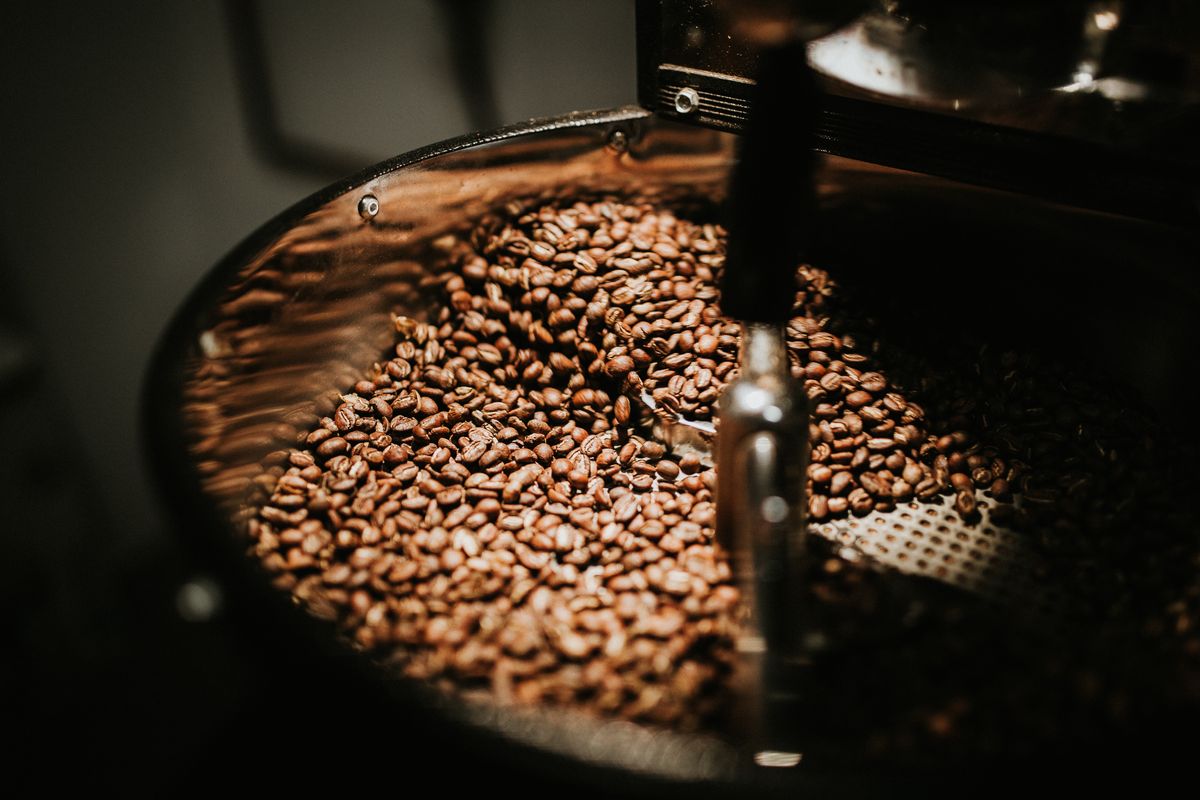How climate change could affect your morning coffee
Last month, a study covered how, between 1980 and 2020, coffee production has been affected by a changing climate.

A few minutes every morning is all you need.
Stay up to date on the world's Headlines and Human Stories. It's fun, it's factual, it's fluff-free.
The backstory: Two types of coffee are the most popular – arabica and robusta. One of the two is probably in your coffee cup right now. These types of coffee plants are very climate-sensitive, depending on very specific ranges of temperature and rainfall. Arabica and robusta thrive between temps of about 18-22C and 22-28C, respectively. With global warming, the countries that produce most of the world's coffee, like Colombia, Brazil, Vietnam and Indonesia, are already seeing crop changes. Last year, research showed that coffee-producing land could be cut in half by 2050 because of climate change.
More recently: Last month, a study covered how, between 1980 and 2020, coffee production has been affected by a changing climate. Researchers show that climate issues like temperature shifts and changes in rainfall increased in the top 12 coffee-producing regions during those four decades. Five of the six most chaotic climate years happened between 2010 and 2020. Based on the study's results, researchers say coffee production will continue to see "systemic shocks." The big risk here is "synchronous crop failure," which is when a single type of crop fails in different global regions at the same time.
The development: The biggest coffee-exporting countries in Africa are looking toward other coffee varieties that can better deal with these climate shifts. This kind of coffee plant is called Liberica excelsa, and it seems like it can withstand climate-related problems, like an increase in pests, in ways that arabica and robusta plants can't. The plant is originally native to Central Africa but isn't really popular in other parts of the world. With coffee processing methods able to handle the skin and pulp of Liberica, it's already becoming a more popular variety, but it will be a while before it beats out arabica or robusta. In countries like Uganda, growers are working on cultivating high-quality Liberica to boost exports.
Key comments:
“With climate change we ought to think about other species that can sustain this industry, globally,” said Dr. Catherine Kiwuka, a coffee specialist at the National Agricultural Research Organization.
“Liberica offers the potential to grow commercially viable, and perhaps high-value, coffee under much warmer conditions (and at lower elevations) than Arabica and may offer improved climate resiliency over Robusta,” researchers wrote in a study published in Nature last year. “Ultimately, the scale of uptake for Liberica (including Excelsa) will depend on the scale of demand, which will include demand from consumers but also from the coffee sector as a whole.”




Comments ()